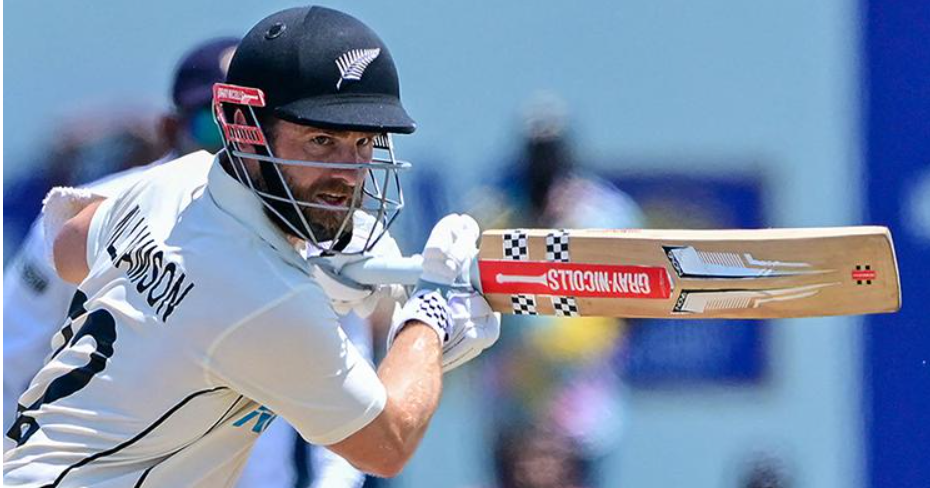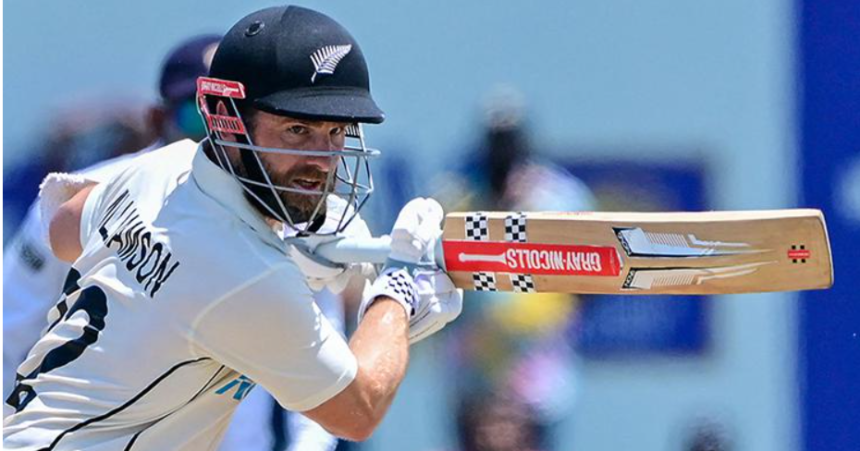Introduction: Kane Williamson’s Strategic Rest for Future Challenges
New Zealand’s cricket landscape was reshaped recently with the announcement that star batsman Kane Williamson will sit out the third Test against India. The decision aims to allow Williamson time to recover fully and prepare for the crucial series against England that awaits. With New Zealand vying for dominance in the ICC Test Championship and seeking to sharpen its skills against top-tier teams, Williamson’s planned absence underscores the team’s long-term strategy for sustained performance and success.
1. Williamson’s Role in New Zealand’s Cricket Strategy
Kane Williamson is not only New Zealand’s leading batsman but also an influential captain known for his tactical intelligence and calm leadership. His absence from the upcoming Test may shift the dynamics on the field, but the decision is part of a broader strategy to keep him fresh and injury-free for key matches. Here’s how Williamson has become indispensable to New Zealand’s cricketing ambitions:
- Key Batsman: Williamson’s consistent performance as a top-order batsman is crucial for New Zealand’s batting lineup, often anchoring innings and providing stability.
- Strategic Captain: Known for his measured decision-making, Williamson’s leadership brings calmness and a well-rounded perspective to the team, particularly in high-pressure situations.
2. The Decision to Rest Williamson: A Preemptive Approach to Player Fitness
New Zealand’s cricket board and coaching staff have opted for a cautious approach by resting Williamson. With a busy international calendar ahead, including the high-stakes England series, managing the workload of top players has become increasingly important. Resting Williamson before the third Test aligns with a broader player management strategy aimed at long-term success:
- Balancing Performance and Player Health: By giving players ample rest between series, New Zealand aims to prevent injuries and keep them in peak condition for high-impact games.
- Strategic Depth and Team Dynamics: Resting Williamson allows other players to step up and gain experience, strengthening New Zealand’s squad depth and preparedness for future matches.
3. Williamson’s Impact on New Zealand’s Test Performance
In Tests, Williamson has consistently delivered high-quality performances, contributing to New Zealand’s rising stature in the international arena. His ability to counter varied bowling attacks and adapt to different pitch conditions has made him a valuable player. Missing the third Test may impact the team’s batting strength, but it also presents an opportunity for New Zealand’s younger players:
- Test Series Contributions: Williamson’s impact in recent Test series, including his batting against formidable opponents like India, demonstrates his importance in the team.
- Fostering Team Resilience: Williamson’s absence is a chance for emerging players to adapt and perform under pressure, fostering resilience in the team.

4. Preparing for England: Why the Upcoming Series Holds Importance
The England series represents a significant challenge for New Zealand, particularly as they compete for ICC Test Championship points and aim to solidify their reputation as a leading Test side. England’s unpredictable climate and swing-friendly pitches make this an ideal setting for Williamson to display his skill. His preparation will be pivotal for New Zealand’s success:
- High Stakes in the ICC Test Championship: New Zealand is in close competition for top positions in the championship standings, making every match crucial for securing valuable points.
- Conditions in England: England’s pitches present unique challenges, especially for batsmen expertise in reading pitches and countering bowlers like James Anderson and Stuart Broad is a strategic advantage.
5. Leadership Development Opportunities for New Zealand
Williamson’s absence from the third Test creates a leadership gap that opens opportunities for other team members to step up. Senior players like Tom Latham or Ross Taylor could assume more responsibility, while younger players have a chance to contribute meaningfully. This change could bolster New Zealand’s strategic depth for future competitions:
- Fostering Future Leaders: Allowing other players to lead helps cultivate leadership skills and prepares New Zealand for situations when key players are unavailable.
- Strengthening Team Adaptability: Absences like this encourage players to adapt to changing dynamics, an invaluable skill when facing unpredictable match scenarios.
6. Impact on New Zealand’s Batting Lineup
Without Williamson, New Zealand’s batting lineup will face a new set of challenges, particularly against India’s formidable bowling attack. His absence puts additional pressure on openers and middle-order batsmen to perform. Key players like Devon Conway and Henry Nicholls may need to take on more prominent roles: 
- Challenges in Batting Consistency: Williamson’s departure could disrupt the batting order, making it essential for other batsmen to perform consistently and anchor innings.
- Opportunities for Emerging Talent: Players like Rachin Ravindra could benefit from increased responsibilities, potentially making valuable contributions.
7. Fans and Media Reactions to Williamson’s Absence
Williamson’s absence from a Test series is notable, given his stature and contributions to New Zealand cricket. Fans and media outlets have expressed mixed reactions, acknowledging the long-term benefits while feeling the impact of his absence on the current series. Here’s a look at the public sentiment surrounding the decision:
- Support for Rest and Recovery: Many fans understand the importance of player management, particularly given the physical demands of international cricket.
- Anticipation for England Series: Fans eagerly await return against England, a series that holds historic significance and will test New Zealand’s mettle.
8. Williamson’s Preparatory Approach for the England Series
Williamson’s preparation for the England series will likely include specific training focused on adapting to English pitches, managing swing bowling, and honing his batting technique. His disciplined approach to practice and focus on technical improvement have been key to his success in challenging conditions:
- Specialized Training for English Pitches: Williamson’s batting style will benefit from early acclimatization to English conditions, where swing and seam movements are prevalent.
- Enhancing Mental and Physical Readiness: Preparing for England involves mental and physical preparation, areas where Williamson’s disciplined approach will serve him well.
9. The Path Forward for New Zealand’s Cricket Strategy
The decision to rest is part of a broader strategy by New Zealand Cricket to build a balanced and resilient team that can adapt to different conditions and challenges. The emphasis on player management, particularly for experienced players, reflects a proactive approach that will likely benefit the team in the long term. Here’s a look at how this approach could impact New Zealand cricket:
- Strategic Depth and Flexibility: Developing depth in the squad enables New Zealand to maintain competitive performance despite player absences.
- Increased Focus on Physical and Mental Conditioning: New Zealand’s player management includes prioritizing conditioning, recovery, and strategic rest to sustain player fitness.
Conclusion: The Strategic Importance of Resting Key Players
Williamson’s absence from the third Test and focus on the upcoming England series exemplifies New Zealand’s thoughtful approach to player management, balancing immediate performance with long-term success. For fans, while his absence will be felt, the decision highlights a commitment to preparing for future challenges and building a resilient team capable of competing at the highest levels. As Williamson gears up for the England series, his return will undoubtedly enhance New Zealand’s prospects, as he continues to lead the team by example and contribute to the rich legacy of New Zealand cricket. ALSO READ:- Georgia’s President Calls on Western Allies to Support Pro-Democracy Protests Against Ruling Party: A Struggle for Reform and Sovereignty 2024





